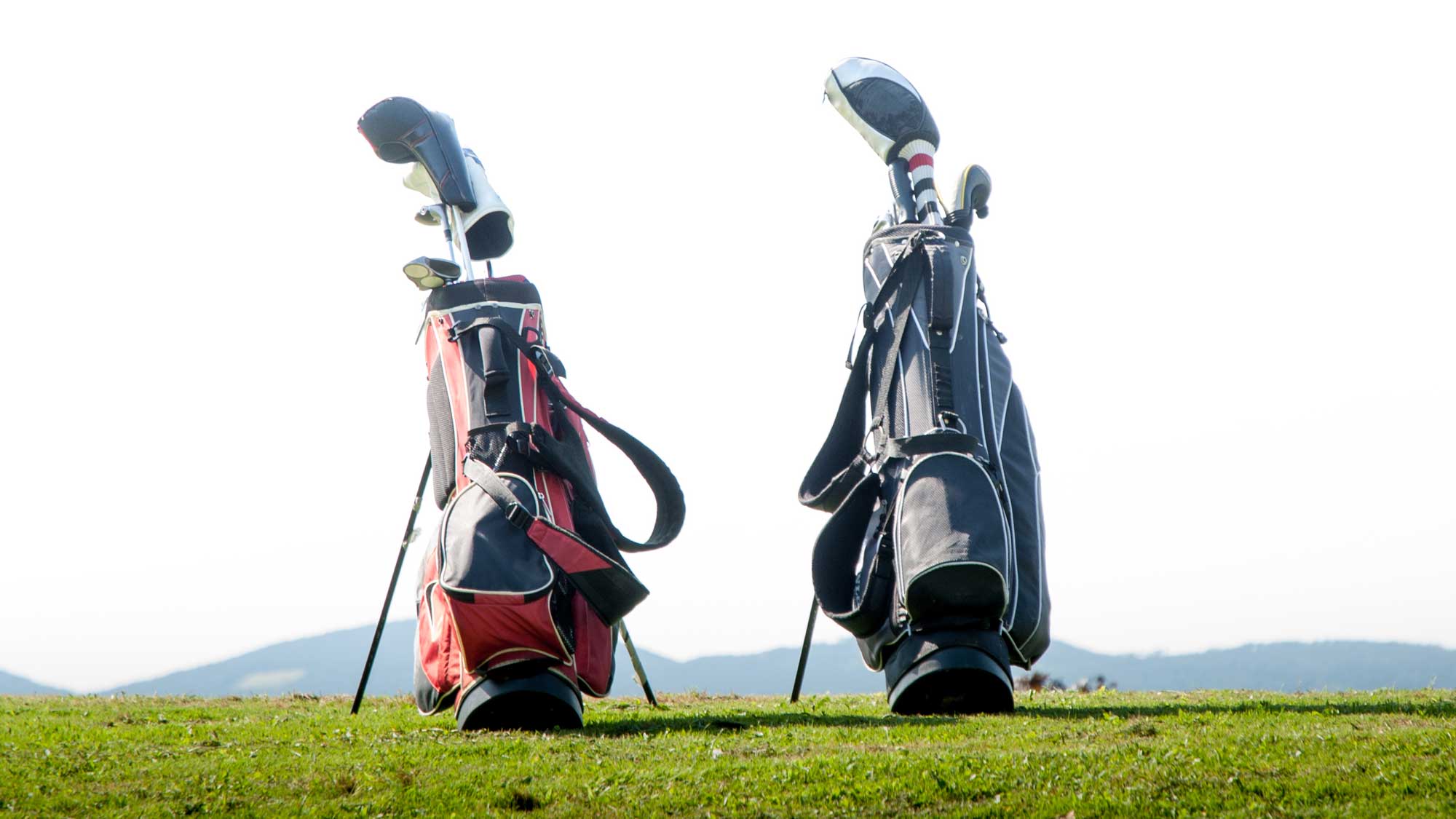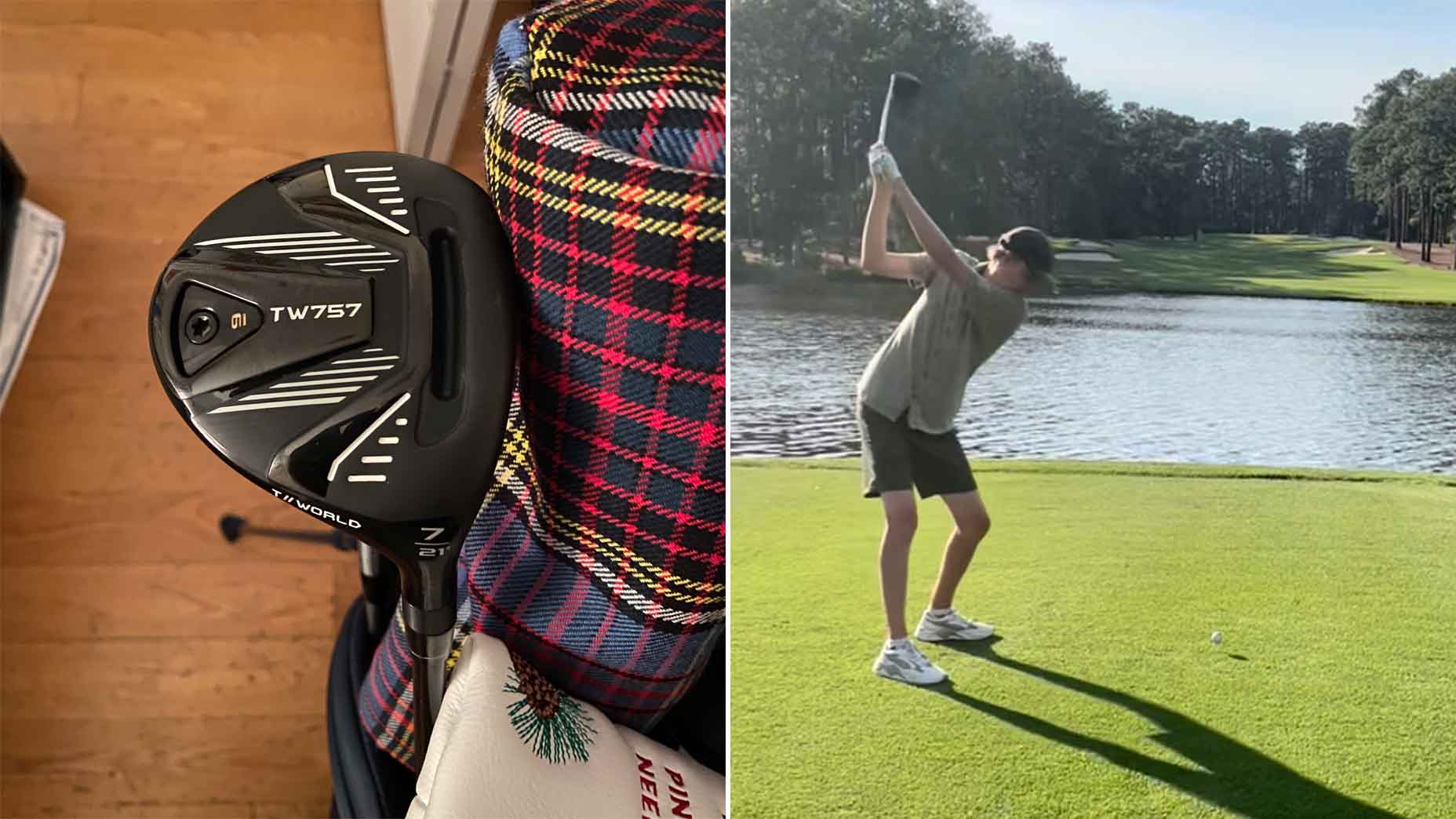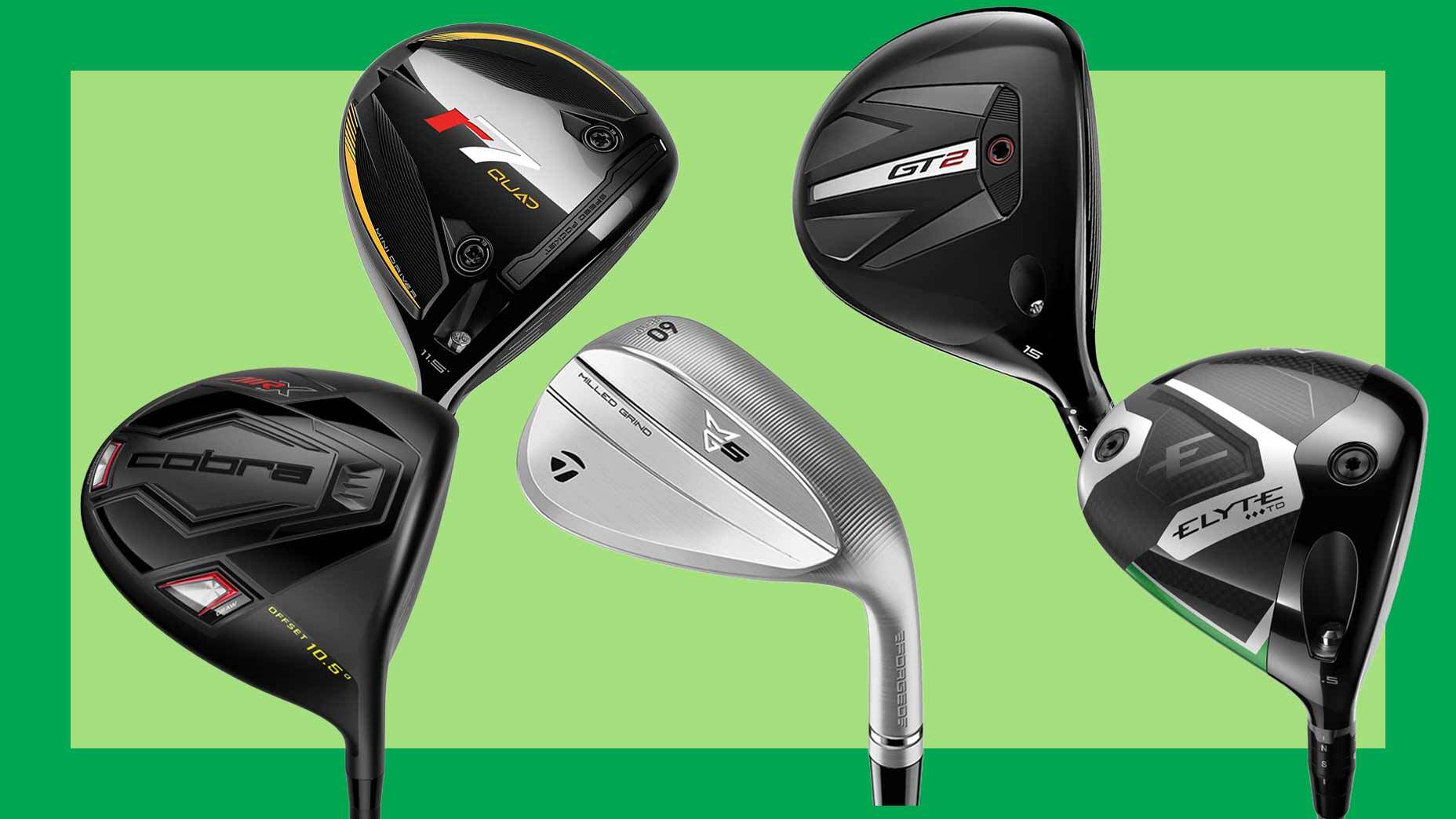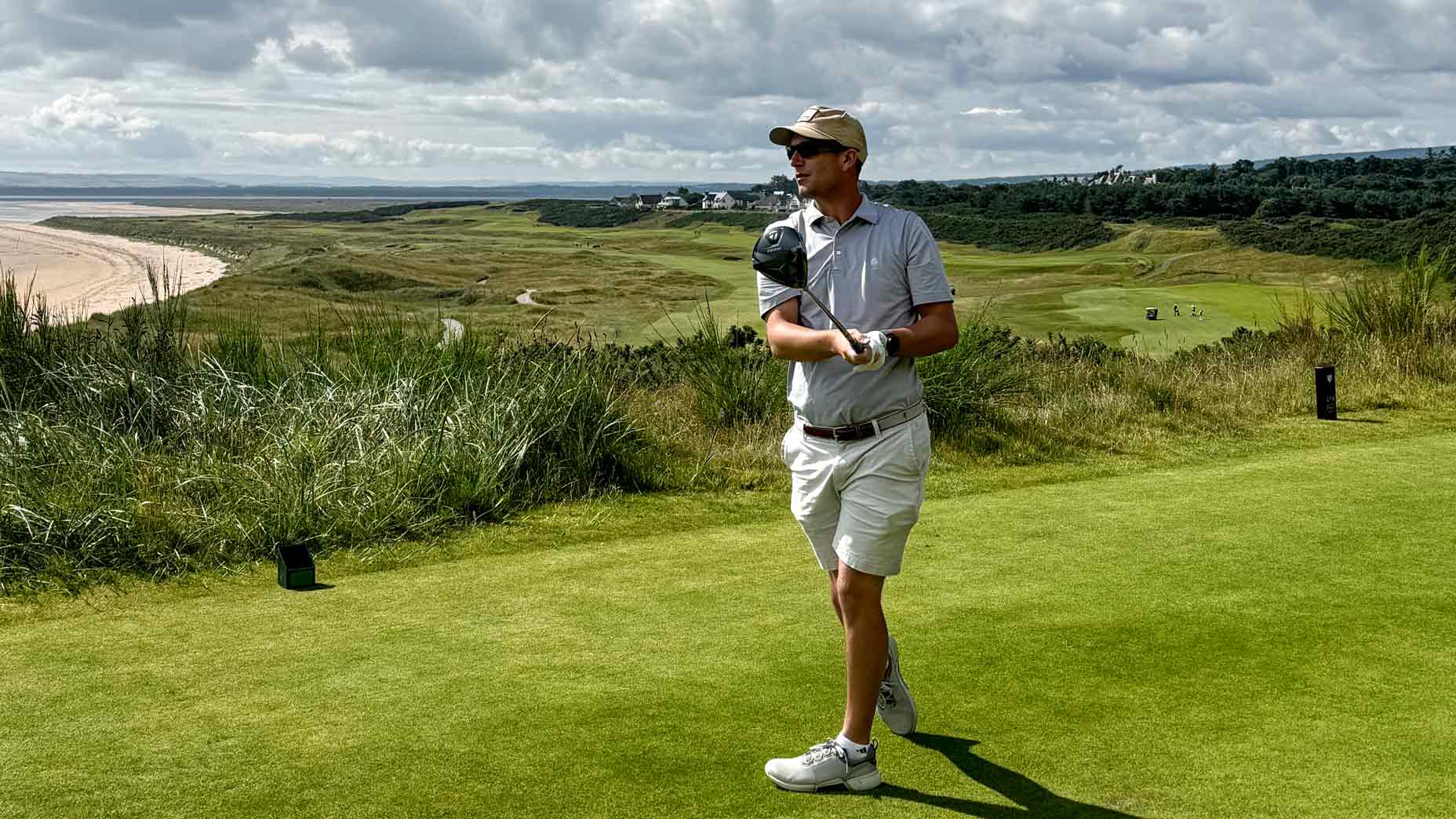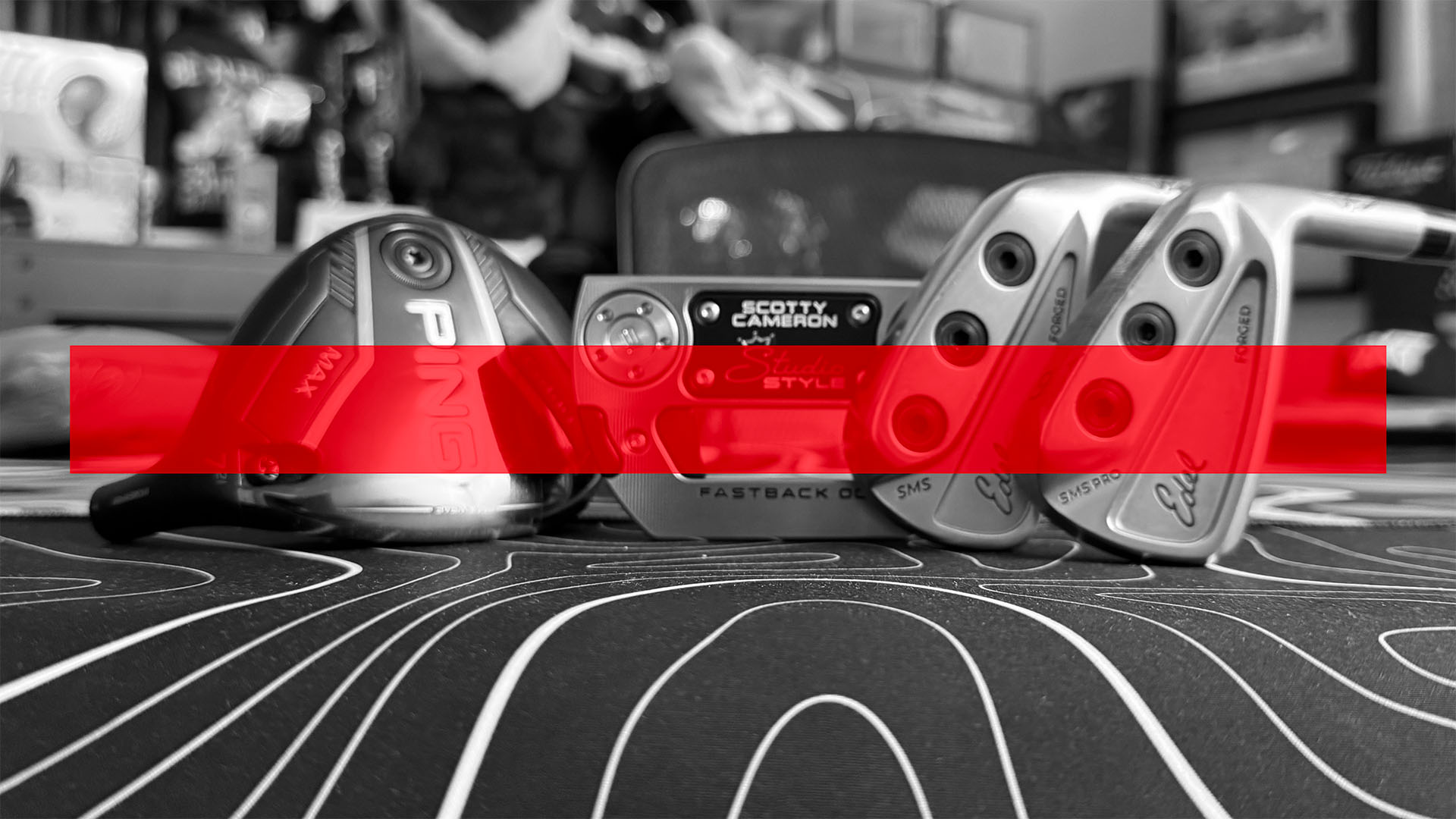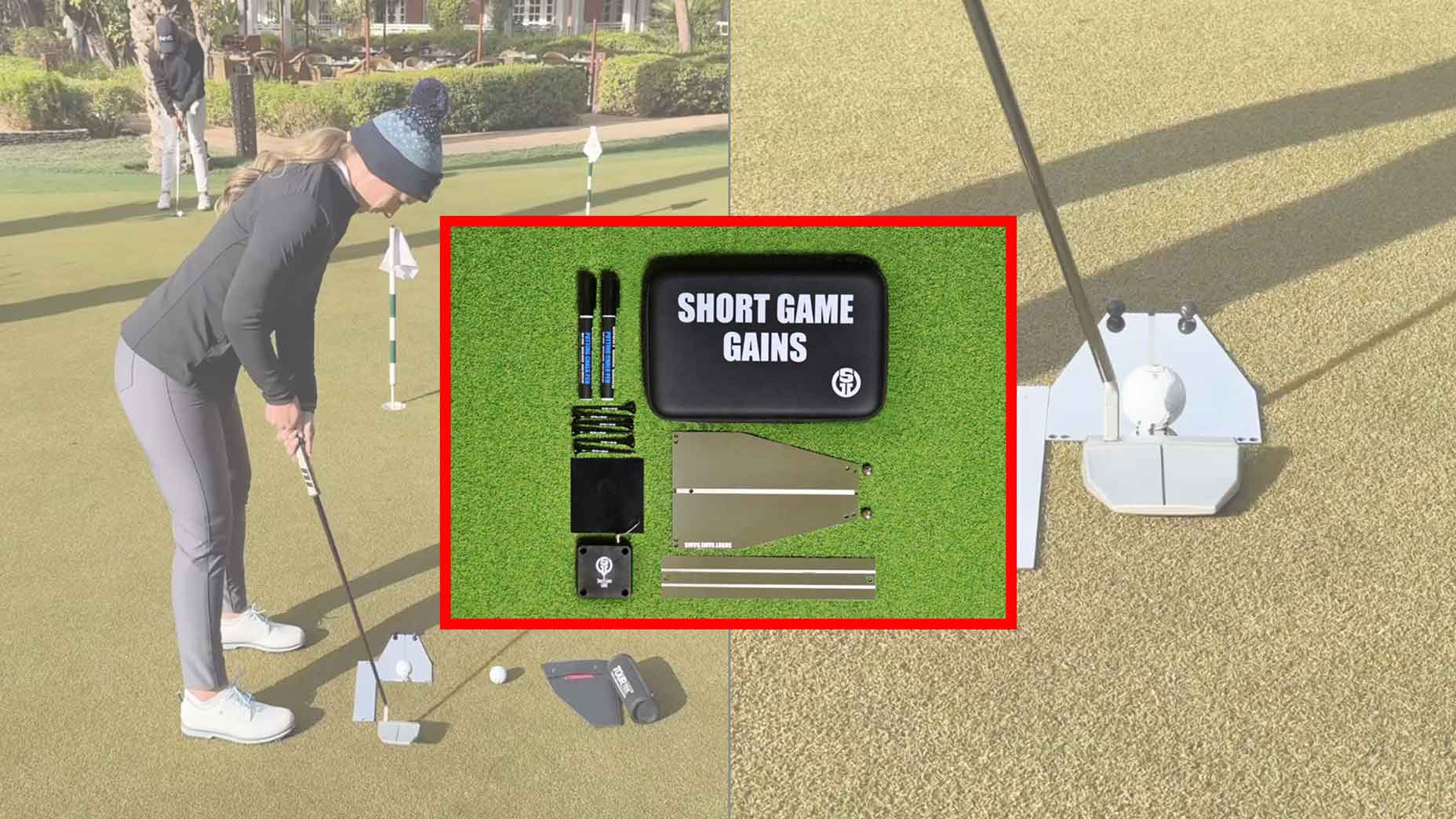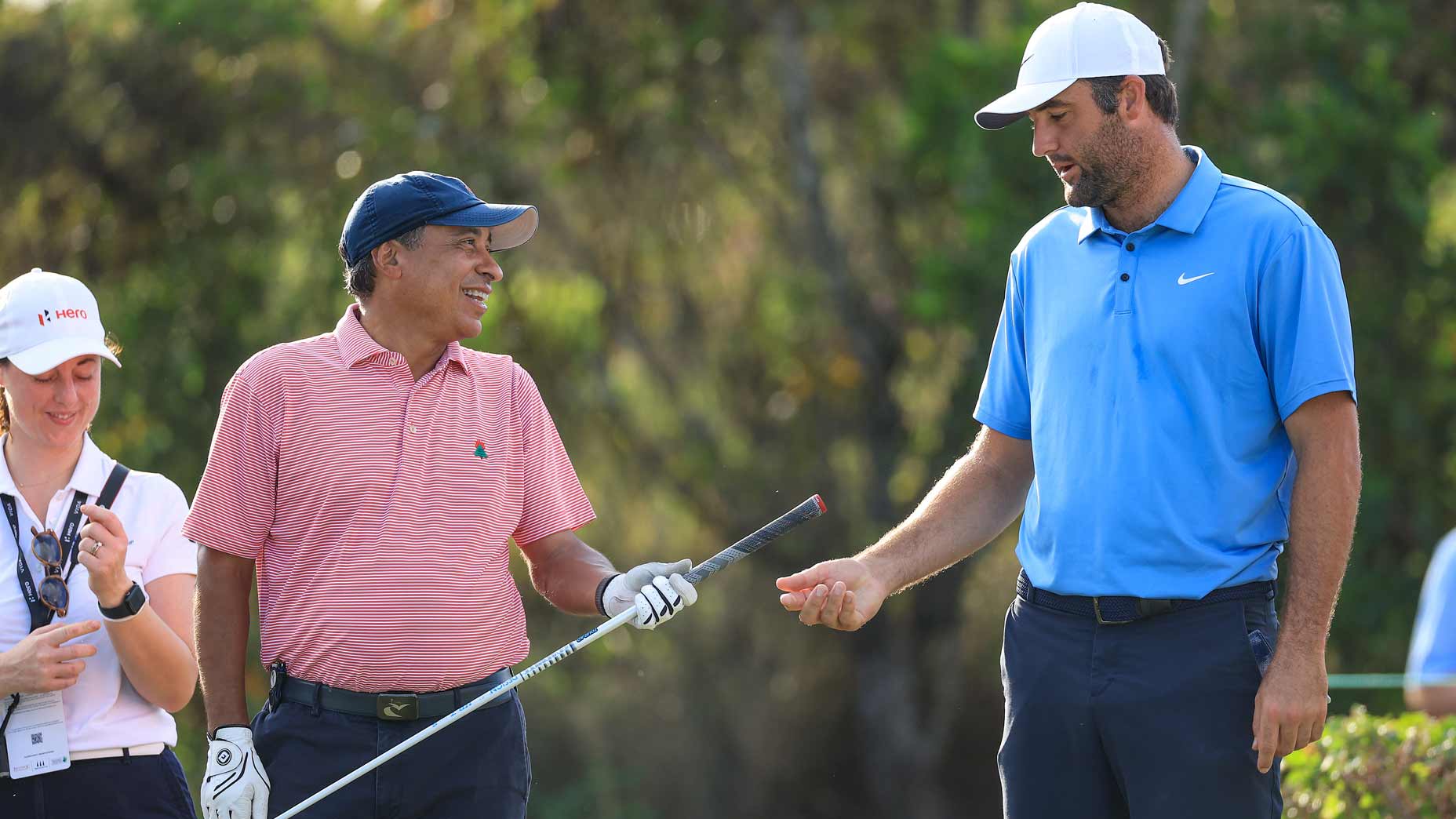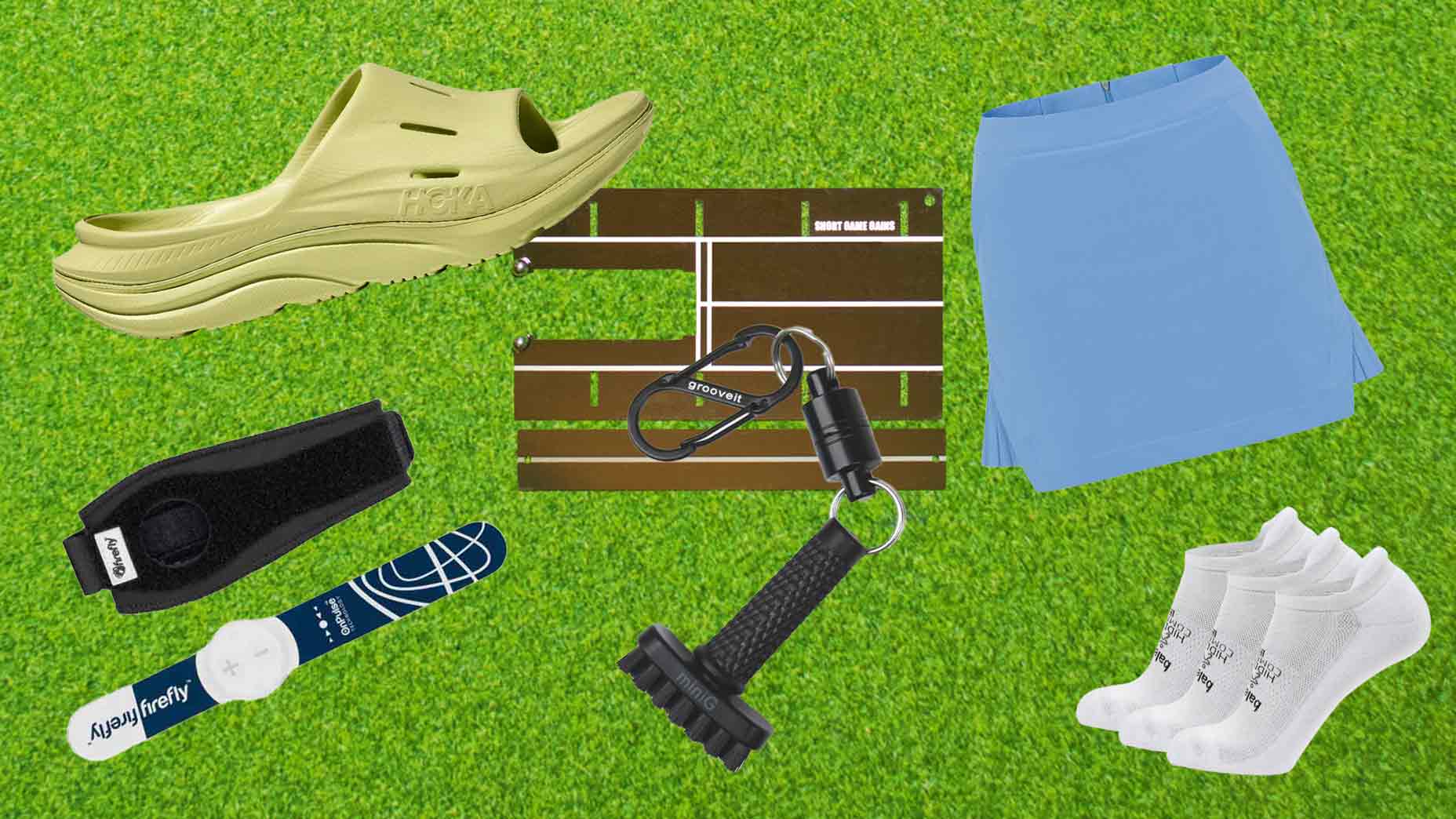For beginner golfers, having a proper set of clubs from the start is one of the easiest ways to quickly see improvement, but with so many choices in the market, it can be a confusing process to put together a set. Whether you’re new to golf, getting back into it, or are looking to help someone else enjoy the game, consider this your quick start guide to putting together an easy-to-hit affordable set.
If you want to make things really simple and extremely affordable there are a lot of great package sets on the market, but this guide is intended for those that are shopping piece by piece.
Let’s get started
(This is a simple baseline for beginner golfers, and individual needs based on strength and swing speed will vary greatly)
One of the most important, yet overlooked aspects of putting together a beginner set of clubs is to make them easy to hit and have them inspire confidence when using them. This means lighter shafts and more loft — there is no quicker way to hook a new golfer than to watch them hit a solid shot that takes off down range.

Another element of instilling confidence is to eliminate the hardest to-hit clubs from the start including any fairway wood with less than 15° of loft, and any wedge over 56°. There is no need to start beginner golfers with more than 12 clubs.
What should be in the bag
Driver: Most people default to a fixed hosel driver for ease of use, but what’s better than having a mini club fitting tool in your bag? I suggest starting with a driver that has between 10-12 degrees of loft and using the hosel to your advantage to make the driver as easy to hit as possible: The ultimate guide to adjustable drivers.
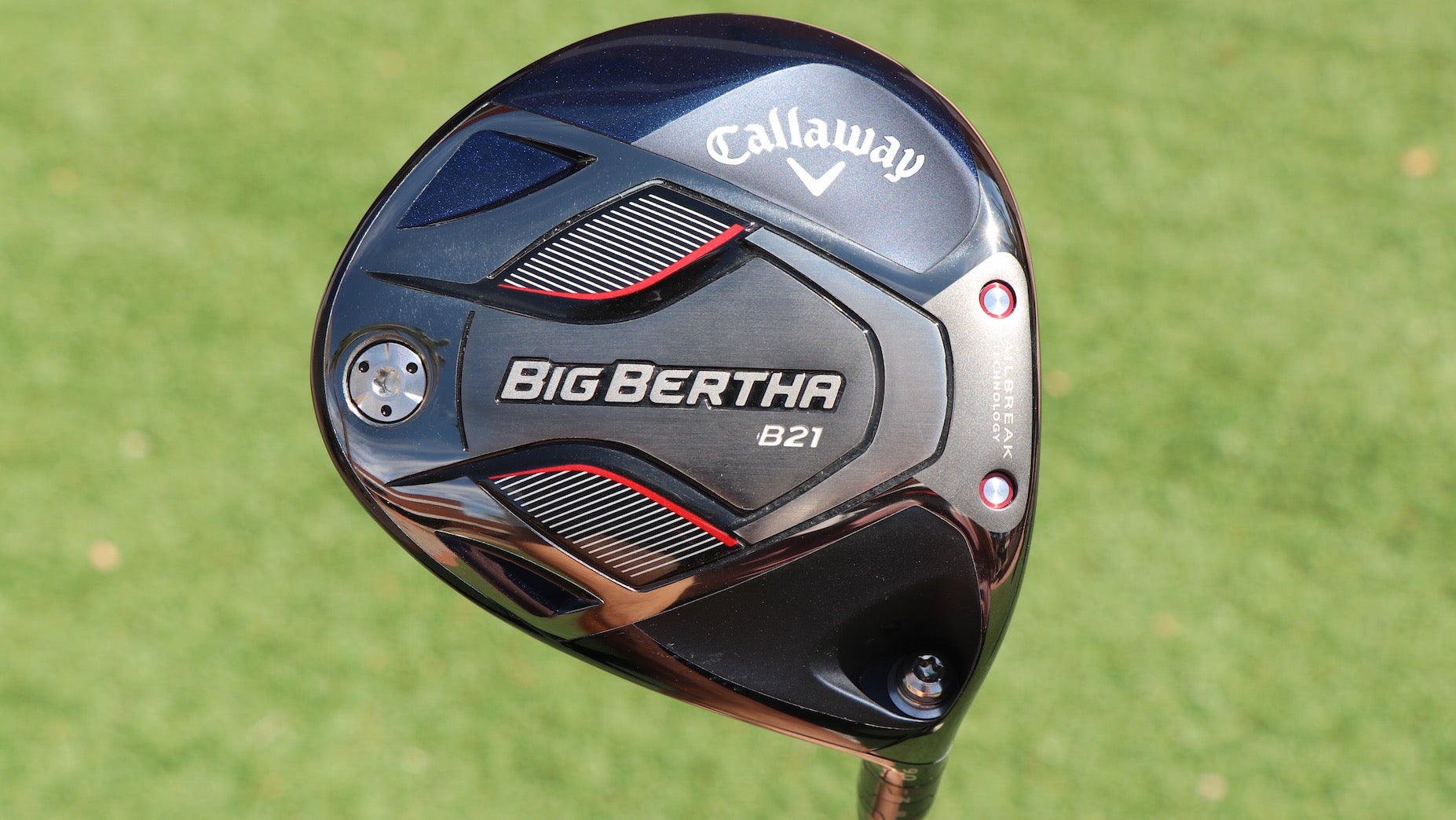
Longest fairway wood: Notice how I didn’t say 3-wood? Much like the driver, I would suggest going with an adjustable hosel design and not starting with anything less than 17°-18° of loft in the standard setting. Since most golfers use the fairway wood a lot to advance the ball, the more loft the better when hitting shots from the fairway and the rough. I also highly suggest that most beginners don’t use a club longer than 42” in this part of the bag either.
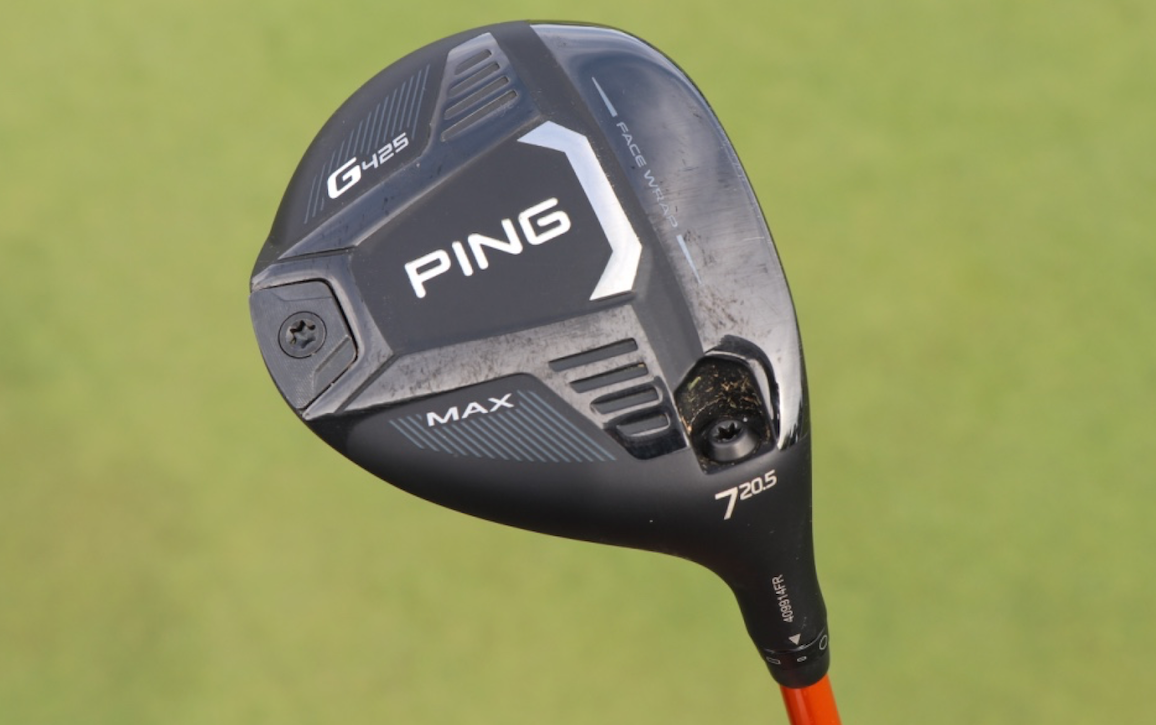
Next Fairway wood / Hybrid: Look, long irons arent fun to hit even for seasoned golfers, which is why having a secondary fairway wood or a hybrid will make the game a lot more fun.
I added a 7-wood to my bag — here’s why you should, tooBy: Zephyr Melton
For the average beginner, the likely winner for this part of the bag is either a 7-wood around 21 degrees or a hybrid around 22 degrees. I default recommend the fairway wood because the longer shaft makes it easier to generate more speed to get the ball in the air.
Iron set: Go big or go home. When it comes to irons you want the biggest and most forgiving set of cavity back irons you can possibly buy. Cavity back irons have a lower center of gravity to help get the ball up into the air faster especially on thin shots — a common miss for golfers trying to lift the ball into the air.
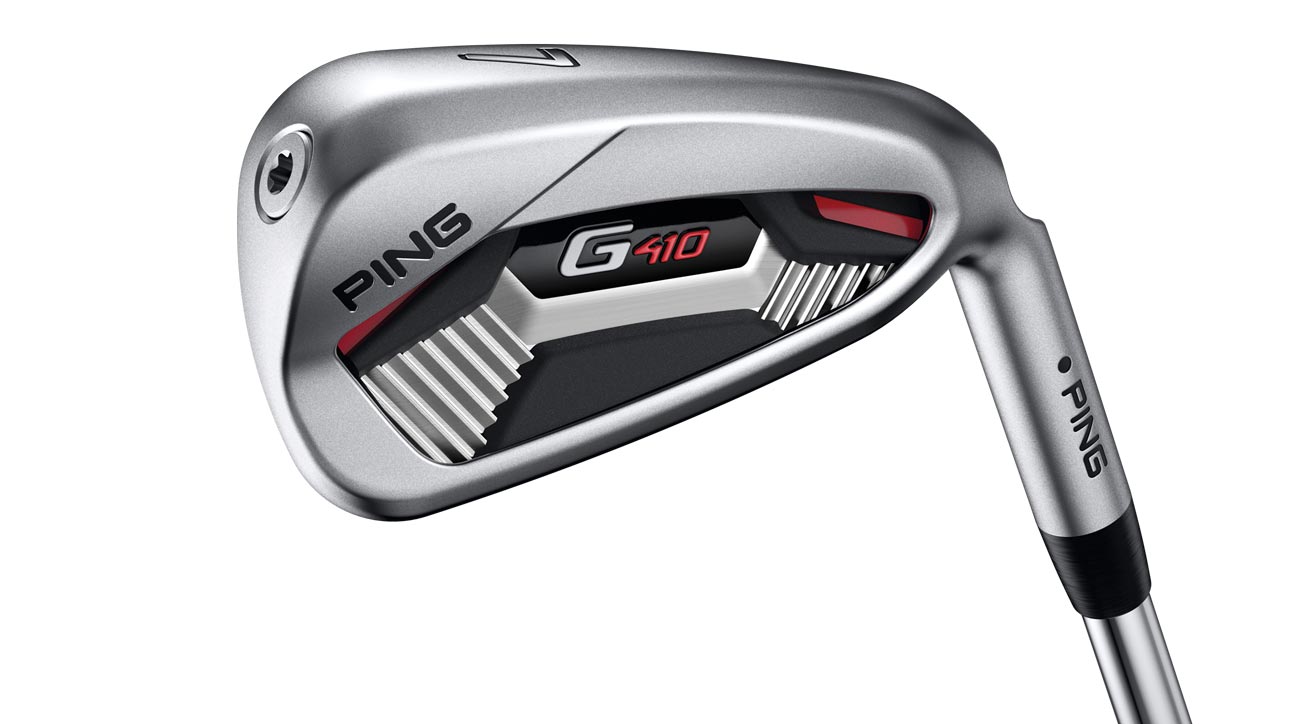
Wedges: There are a lot of options when it comes to wedges and none of them are wrong, it just comes down to finding one that helps the most around the green. I suggest a sand wedge with 54°-56° as a great place to start, and just like with irons, a cavity back design is going to help.
It’s also worth considering is a chipper to help really simplify shots around the green. For all the diehards out there that say you should learn with “real clubs” — I say a chipper is a real club and can most importantly help people have more fun!
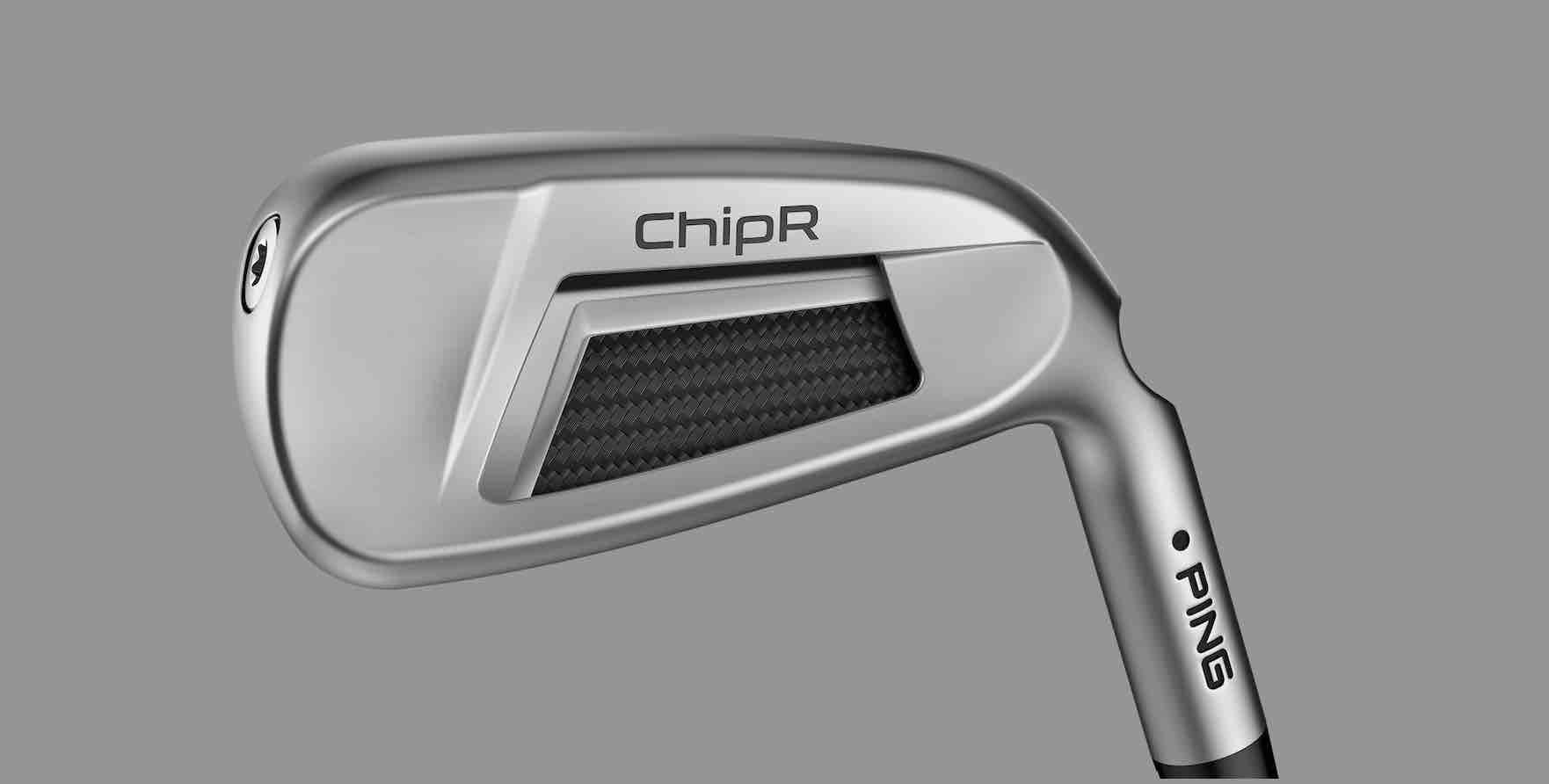
Putter: You want to get basics down as quickly as possible so try not to get too picky when it comes to a putter. If there is one that fits your eye for one reason or another go with it.
With that being said, if you have carte blanche I would highly suggest a 2-Ball style putter for easy alignment. Since these have been around for close to 20 years you can find lots of previous models that offer tremendous value.
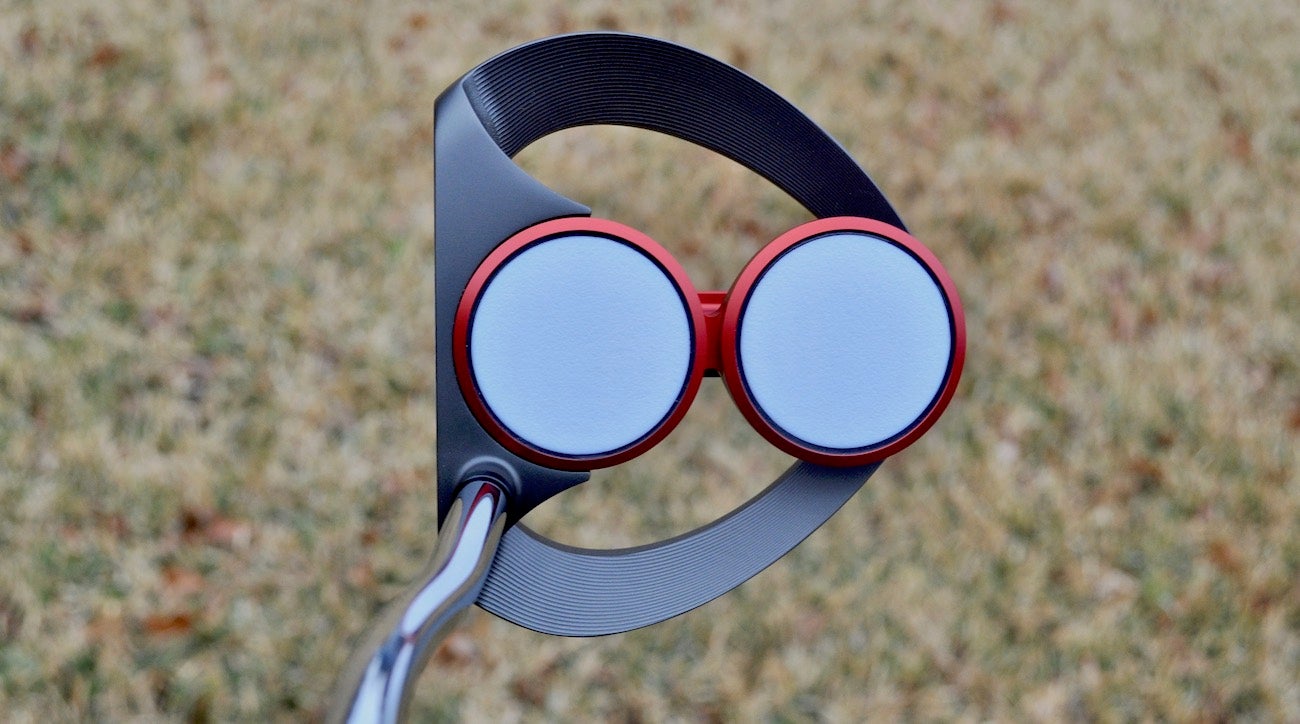
Golf Balls: Look, you’re going to lose some golf balls so it’s best to start with a value-priced, low-compression two-piece ball. Also for whatever ball you are using, stick to them — this will help create consistency and build an understanding of feel which can be greatly altered by going back and forth between different balls.
Now get out there and play some golf!
Want to overhaul your bag for 2022? Find a fitting location near you at GOLF’s affiliate company True Spec Golf. For more on the latest gear news and information, check out our latest Fully Equipped podcast below.
